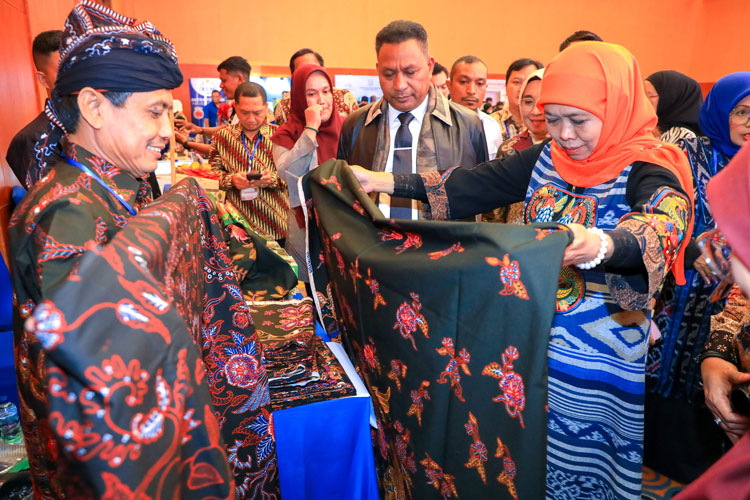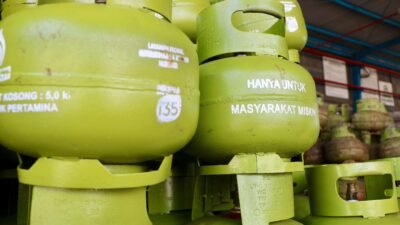In a strategic move to accelerate regional development, Maluku Province has officially partnered with East Java to enhance economic and trade cooperation. This inter-provincial alliance aims to unlock the untapped potential of Eastern Indonesia by fostering inclusive growth and sustainable partnerships across sectors.
With both regions bringing unique strengths to the table, this collaboration could pave the way for a stronger, more balanced national economy.
Why Maluku and East Java Are Joining Forces
As Indonesia seeks to decentralize its economy, building stronger connections between provinces has become a top priority. Recognizing this, Maluku’s regional government has proactively reached out to East Java—one of the country’s most advanced economic hubs—to establish a mutually beneficial framework for cooperation.
According to Maluku Governor Murad Ismail, the partnership aims to increase regional trade flows, attract investment, and support local industries. Meanwhile, East Java Governor Khofifah Indar Parawansa emphasized the need for inclusive growth that uplifts all regions, not just those on Java Island.
Key Sectors Targeted for Collaboration
The Maluku–East Java partnership will initially focus on a few high-potential sectors, including:
- Fisheries and marine products – leveraging Maluku’s rich maritime resources and East Java’s processing and export infrastructure.
- Agriculture and plantations – boosting supply chain efficiency for key commodities like cloves, nutmeg, and sago.
- Tourism development – creating integrated travel routes between the two provinces to attract domestic and international visitors.
- Trade logistics – improving port access, shipping routes, and distribution channels to facilitate smoother inter-island commerce.
These targeted sectors were selected not only for their economic impact but also for their ability to generate employment and reduce regional disparities.
Benefits for Both Provinces
The synergy between Maluku and East Java offers clear benefits:
- For Maluku: Enhanced market access, technology transfer, and capital investment.
- For East Java: Access to raw materials, new investment destinations, and expanded trade networks.
This collaboration also aligns with the national agenda for equitable development, helping to narrow the economic gap between eastern and western Indonesia.
Next Steps: Action Plans and Agreements
Following initial discussions, both governments have agreed to form a joint task force to implement and monitor the cooperation. Several memorandums of understanding (MoUs) are already in the works, covering trade facilitation, workforce development, and infrastructure improvement.
Additionally, regional business forums and trade expos will be organized to connect entrepreneurs, investors, and local communities from both provinces.
Conclusion: Building Unity Through Economic Collaboration
The partnership between Maluku and East Java is more than just a formal agreement—it’s a vision for a more connected, inclusive, and resilient Indonesia. As the two provinces work hand in hand, they are setting an example of how regional cooperation can drive national progress.
With strong leadership and a clear strategy, this alliance is poised to transform local economies and bring long-term benefits for generations to come.













